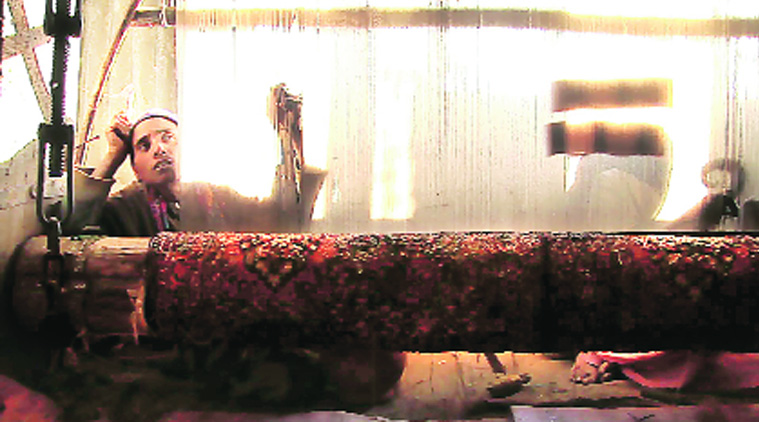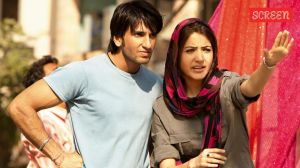Stay updated with the latest - Click here to follow us on Instagram
Kashmir Violence documentary: HC clears release of Butalia’s film without any cut or disclaimer
The CBFC and the FCAT had suggested that some angry remarks — made by parents of children killed during the 2010 stone-pelting clashes in Srinagar — should be censored.
 A still from the documentary.
A still from the documentary.
The Delhi High Court on Monday allowed the release of a documentary by filmmaker Pankaj Butalia on Kashmir violence, noting that the “right to censor films, shown in whatever form, constitutes a prior restraint,” and should “necessarily be reasonable”.
Butalia’s work focuses on the spate of violence in Kashmir between 2005 and 2013 and contains interviews of people affected by it. The fimmaker had approached the HC after the Central Board of Film Certification and Film Certificate Appellate Tribunal suggested some major cuts in the 61-minute documentary.
The CBFC and the FCAT had suggested that some angry remarks — made by parents of children killed during the 2010 stone-pelting clashes in Srinagar — should be censored. They had also directed Butalia to include a disclaimer stating “all views in the film are personal”, before the beginning of the documentary.
[related-post]
The filmmaker was also asked by the CBFC to delete the words “disproportionate violence” from a description of the clashes. But the HC today gave a go-ahead to the filmmaker to screen the documentary — ‘The Textures of Loss’ — with a ‘U’ certificate, and without any disclaimers. “Unanimity of thought and views is not the test to be employed by censuring authorities in such situations…The response cannot be to ban, mutilate or destroy the work of another, with whom one stridently disagrees,” noted the court of Justice Rajiv Shakdher.
During arguments in the case, the counsel for the CBFC claimed that some remarks, particularly one made by the father of a child killed in police firing, were “seditious” and “would affect the security and sovereignty of the country.”
But the high court rubbished the argument, saying, “In my opinion, the FCAT has completely misguided itself by not appreciating the context in which the statement has been made. As rightly contended by the petitioner, the father, who was grief-stricken on account of the death of his eight-year-old son, was venting his anger”.
The court also noted that the CBFC had not followed proper procedure while passing the order in 2013, as it had not given an opportunity to the filmmaker to present his side. But the HC rejected the filmmaker’s plea to set aside the censorship guidelines of the CBFC on the ground that they, according to Butalia, “infringed upon freedom of speech and expression.”
The court noted that the guidelines are “ not bad in law, or ultra vires the Constitution,” as they “attempt to explain the nuances” of the “reasonable restrictions” on free speech.







